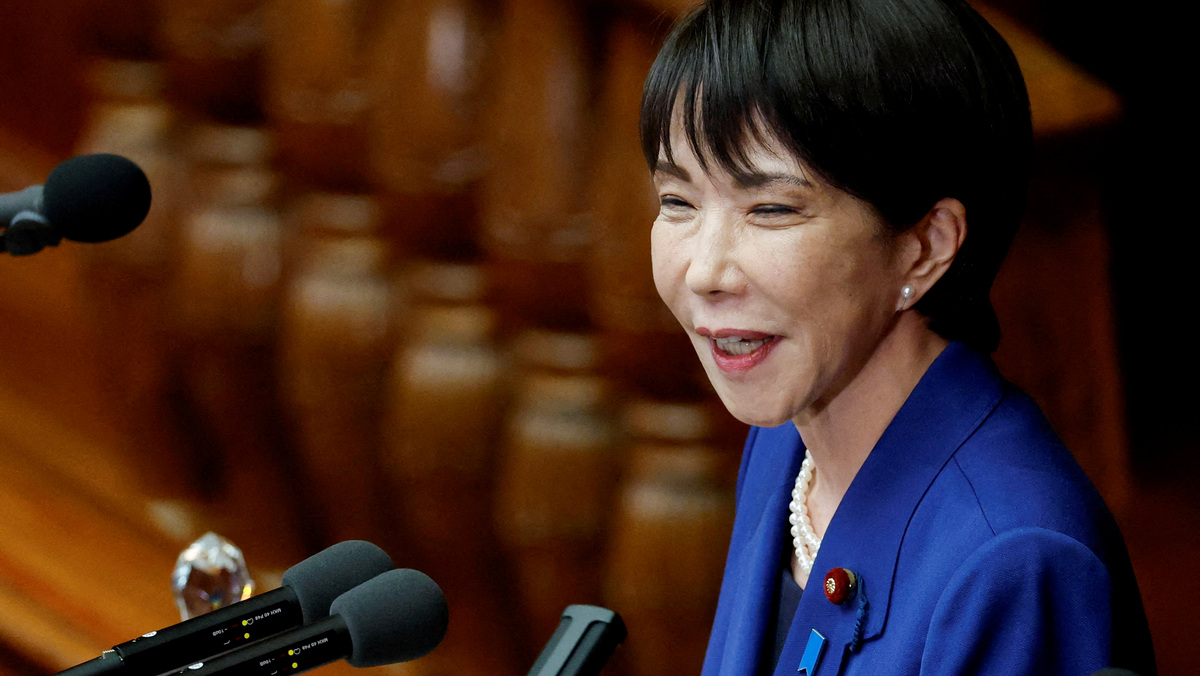A day after China issued a travel warning against its citizens visiting Japan amid rising tensions over Prime Minister Sanae Takaichi’s remarks on Taiwan, Japan on Monday stressed that “channels of communication are open.”
Tensions escalated after Takaichi told parliament on November 7 that a hypothetical Chinese attack on democratically-governed Taiwan could prompt a military response from Tokyo.
China claims Taiwan as its own territory and has repeatedly emphasised that it may use force to assert control. Taiwan, however, rejects Beijing’s sovereignty claims.
In response to Takaichi’s comments, Beijing summoned the Japanese ambassador for the first time in more than two years. China’s defence ministry warned that any Japanese intervention would be “doomed to fail,” Reuters reported. Additionally, Chinese Coast Guard ships passed through the waters surrounding the Senkaku Islands, known as Diaoyu in China.
On Friday, China issued a travel warning urging its citizens not to visit Japan.
According to Reuters, Masaaki Kanai, the Japanese foreign ministry official responsible for Asia and Oceania affairs, travelled to Beijing to meet his Chinese counterpart, Liu Jinsong.
“Various channels of communication are open,” Japan’s Chief Cabinet Secretary said at a regular press briefing. “We have made a firm request for the Chinese side to take appropriate steps,” he added, noting that travel warnings undermine efforts to promote strategic, mutually beneficial ties.
Meanwhile, the Chinese foreign ministry stated that Premier Li Qiang has no plans to meet Takaichi on the sidelines of the G20 summit scheduled later this week in South Africa. Ministry spokesperson Mao Ning emphasised that Japan must retract its “wrongful” remarks.
Quick Reads
View AllAmid the China-Japan row, Taiwan President Lai Ching-te accused China of conducting a “multifaceted attack” on Japan.
“I call on the international community to continue paying close attention and I also urge China to exercise restraint and demonstrate the conduct befitting a major power, rather than becoming a troublemaker for regional peace and stability,” Lai said.
)